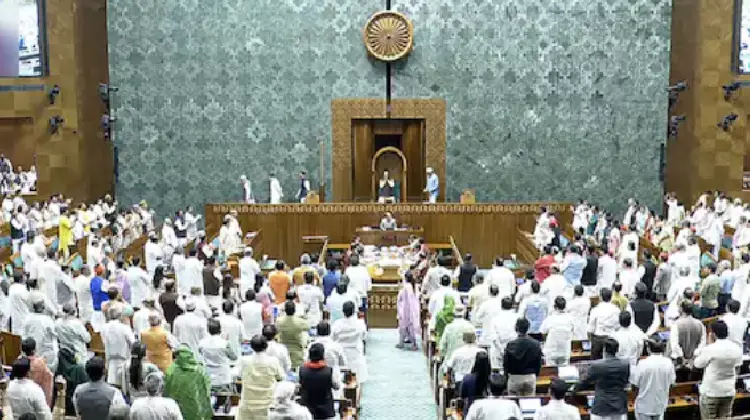The Rajya Sabha has passed the Promotion and Regulation of Online Gaming Bill, 2025, a landmark piece of legislation that will fundamentally reshape India’s digital entertainment landscape. The Bill, which was cleared by a voice vote amid opposition protests, officially recognizes and promotes E-Sports and online social games while imposing a complete ban on all online money games. This decision, which followed the Lok Sabha’s passage a day earlier, is a culmination of a multi-year effort to address the risks associated with real-money gaming and provide a clear regulatory framework for the sector.
According to the new law, which will come into effect after receiving presidential assent, the online gaming ecosystem is now split into three distinct categories:
- E-Sports: Recognized as a legitimate competitive sport, similar to chess. The Bill provides for the creation of an authority to regulate and promote E-Sports, with a focus on skill, strategy, and competitive formats. This is a major victory for the E-Sports community, which has long sought official recognition.
- Online Social Games: Defined as games played for recreation or skill development without any monetary stakes or rewards. These games will also be regulated and encouraged by the government.
- Online Money Games: This is the most significant and controversial part of the Bill. The law imposes a blanket ban on all forms of online money games, which are defined as any game played with a deposit of money in expectation of a monetary or material reward. This includes skill-based games like fantasy sports, poker, and rummy, as well as games of chance.
The government’s primary justification for the ban is to protect citizens from the social, financial, and psychological harm caused by online gaming addiction and fraud. Minister of Electronics and Information Technology Ashwini Vaishnaw stated that online money gaming has become a “public health risk” and that an estimated 45 crore people lose over ₹20,000 crore every year. The Bill also imposes strict penalties for violations, including imprisonment of up to three years and/or a fine of up to ₹1 crore for offering or facilitating online money games.
While the E-Sports and social gaming sectors have largely welcomed the move as a step towards greater legitimacy and growth, the real-money gaming industry has warned of dire consequences. Industry bodies have claimed that the ban could lead to the loss of over two lakh jobs, the shutdown of 400 companies, and a significant drop in India’s digital innovation and tax revenues. The legislation is expected to face legal challenges, with some legal experts arguing that the ban infringes on the constitutional right to practice a profession, as enshrined in Article 19(1)(g).
The Bill, which also prohibits advertisements and financial transactions for online money games, marks a pivotal moment for India’s digital economy, aiming to draw a clear line between genuine gaming innovation and what the government considers to be exploitative money-based platforms.
Key Highlights:
- The Rajya Sabha has passed a new online gaming bill that officially recognizes E-Sports and social games while imposing a nationwide ban on all forms of online money games.
- The Bill defines “online money games” as any game with financial stakes, regardless of whether it’s a game of skill or chance, effectively outlawing platforms like fantasy sports and online poker.
- The government’s decision is aimed at protecting citizens from financial fraud and addiction, with severe penalties, including up to three years in prison and a ₹1 crore fine, for violators.
- While the E-Sports community welcomes the move as a step towards legitimacy, the real-money gaming industry has warned that the ban could lead to significant job losses and legal challenges.

